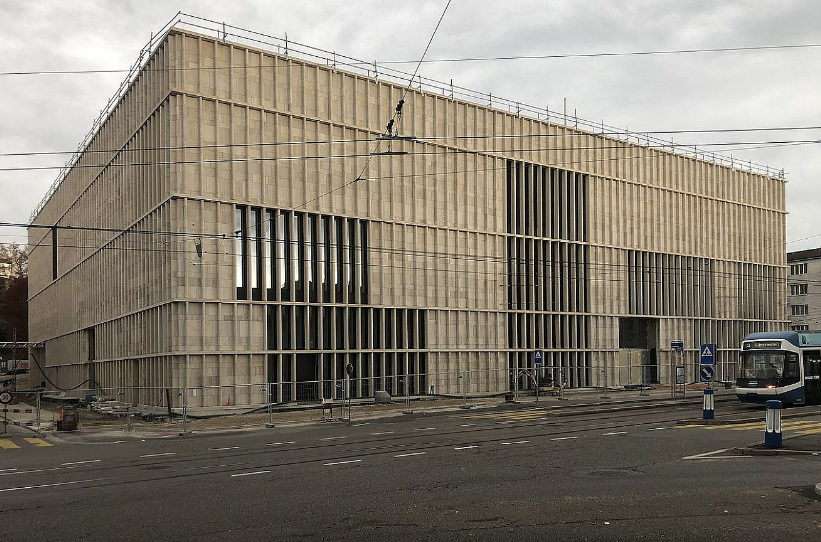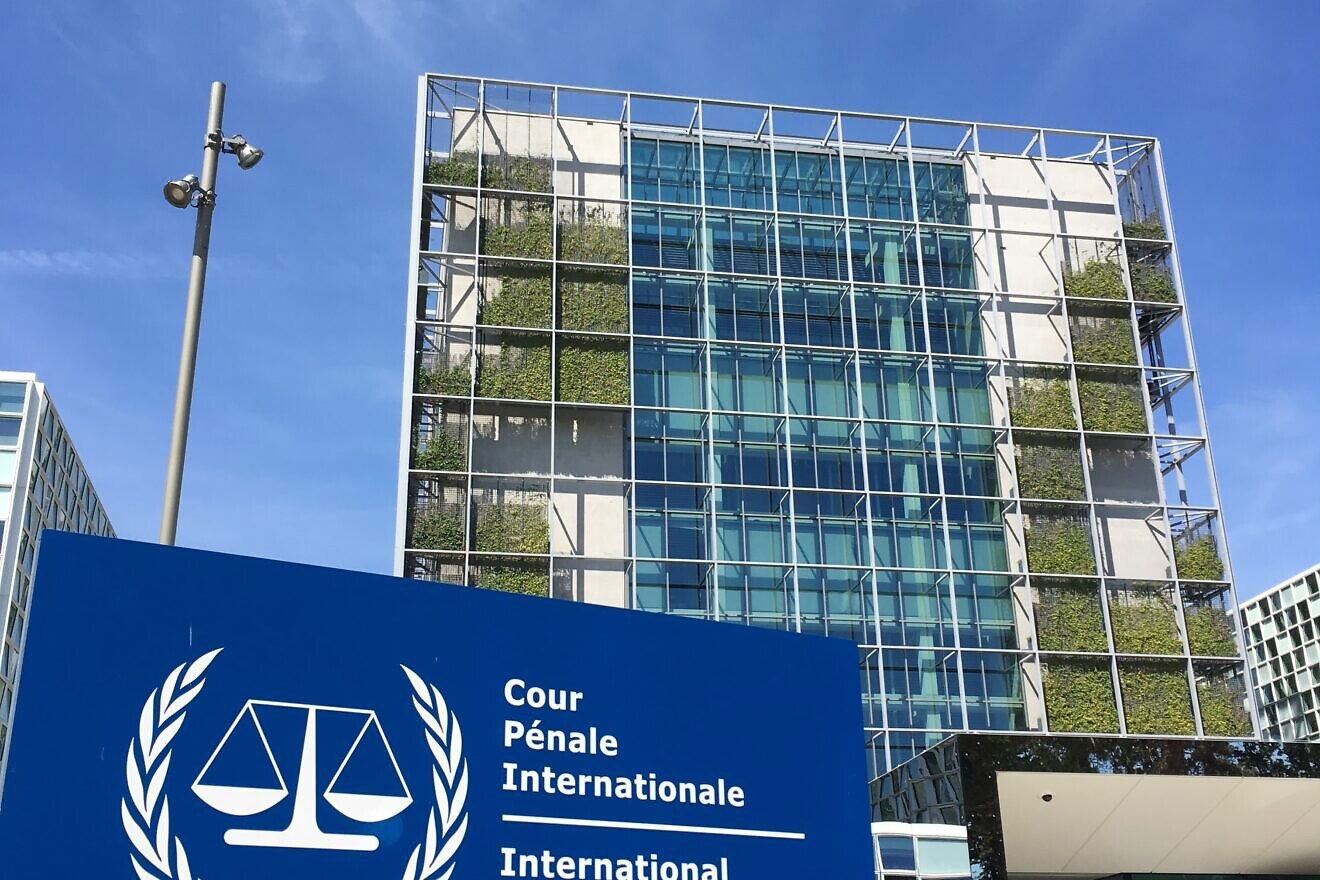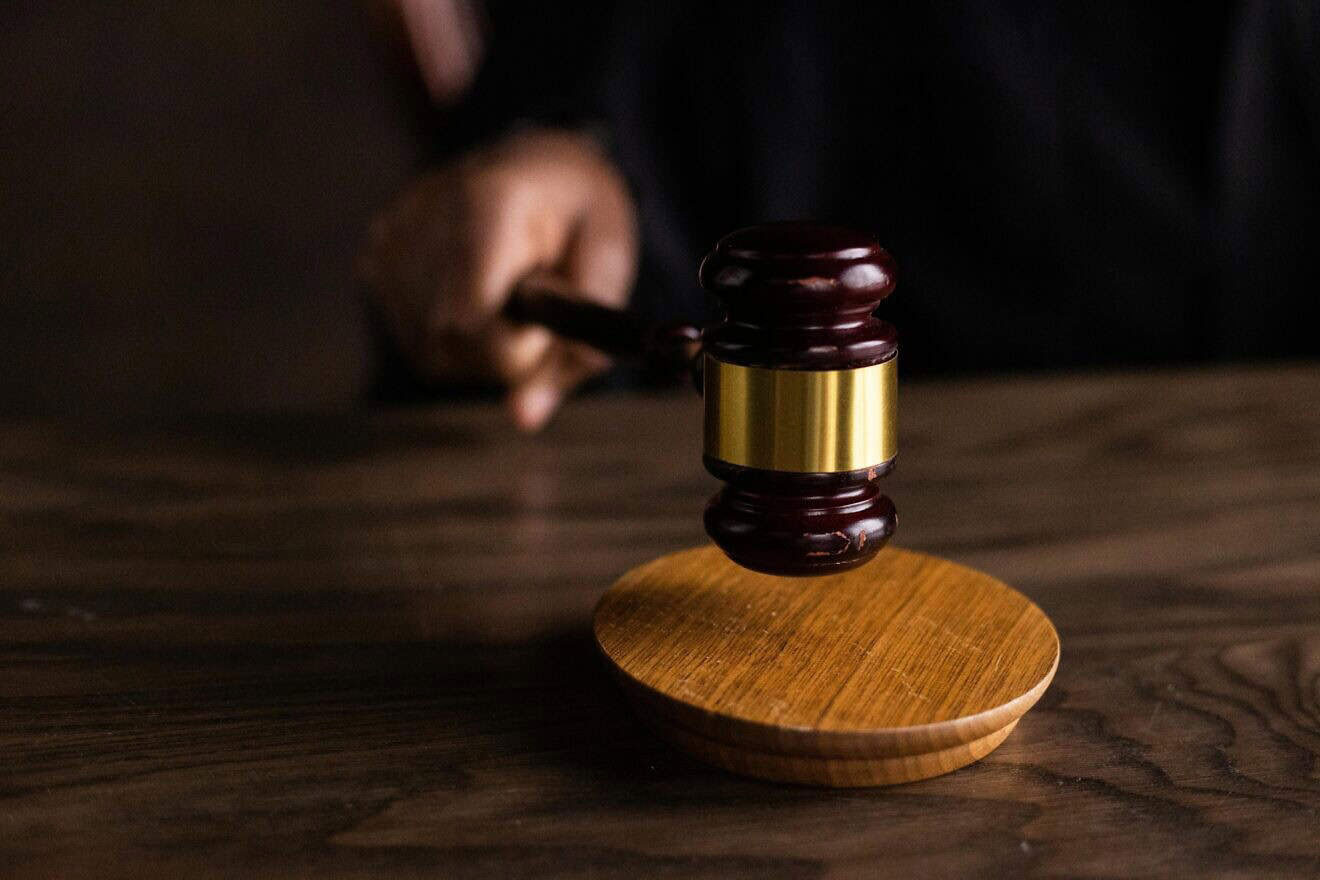Courtesy of JNS. Photo credit: Albinfo via Wikimedia Commons
The Kunsthaus Zürich art museum’s annex building, exhibition site for the Foundation Emil Bührle Collection since October 2021
(JNS) — Dozens of artworks on display in one of Switzerland’s most prominent art collections, owned by a Swiss industrialist who did business with the Nazis, were likely plundered by the Nazis from Jewish owners during the Holocaust, a newly released report concludes.
The findings are likely to reignite public debate over artwork looted by the Nazis more than eight decades ago that remain on display in public museums or in private art collections.
Thirty percent of the artwork in the Foundation Emil Bührle Collection in Zurich probably belonged to Jews before the Holocaust, the report, which was commissioned by the city last year and carried out by a German historian, found.
“On the matter of previous Jewish ownership, it can be concluded that 62 of the 205 works appear to have belonged to previous Jewish owners during the Holocaust,” the document states.
The report, which was released last week, found that the collection’s curators did not sufficiently investigate the origins of the works, or meet standards set by Swiss authorities.
Two weeks before the report came out, the Bührle Foundation removed and started an investigation into the provenance of five artworks from the Kunsthaus Zürich, the country’s largest art museum.
The Emil Bührle Foundation collection has been a subject of “intense debate” in Zurich for several years due to its founder’s ties to Nazi Germany and his acquisition of looted art under dubious circumstances, the report notes.
Bührle (1890-1956) made his fortune through arms sales to the Nazis. He employed young women in near-slave labor conditions and exploited Jewish owners who were fleeing persecution, recent investigations found.
By selling arms to both the Allies and the Axis between 1940 and 1944, Bührle increased his wealth from 140,000 to 127,000,000 Swiss francs (more than $6 billion). He bought the core of his art collection in German-occupied Paris.
“The Holocaust was both a murder coupled with a robbery that largely wiped out European Jews,” the report states. “For this reason, works that were taken from their former Jewish owners because of Nazi persecution are still the subject of intense debate today.”
The Nazis looted about 20% of the art in Europe, and more than 100,000 items have not been returned to their rightful owners.
The detailed report by Professor Raphael Gross, a member of the German Advisory Commission on the return of cultural property seized as a result of Nazi persecution, recommends continued research and the establishment of a committee on the issue, as well as a public debate on the ethical presentation of the collection.
“This report is a powerful example of accountability in the global effort to address historical injustices,” said Gideon Taylor, president of the World Jewish Restitution Organization (WJRO), in a written statement. “Restitution is about restoring cultural heritage and dignity to those affected by the Holocaust, ensuring that these treasured artifacts are returned to their rightful owners, acknowledging their profound losses, and honoring their memories.”
The organization, which was established three decades ago, represents world Jewry in pursuing claims for the recovery of Jewish properties in Europe outside of Germany and Austria.
Earlier this year, a report the NGO co-authored found that a majority of countries have made no progress on Holocaust art restitution over the last quarter century.
“Of the millions of works of art and cultural property stolen by the Nazis, countless objects still have not been returned to their owners,” said U.S. Secretary of State Antony Blinken in a video address when the findings were made public.
“Today, too many governments, museums, dealers, galleries and individuals still resist restitution efforts … while heirs confront staggering legal and financial barriers as they go up against opponents whose resources vastly outmatch their own,” Blinken said.





